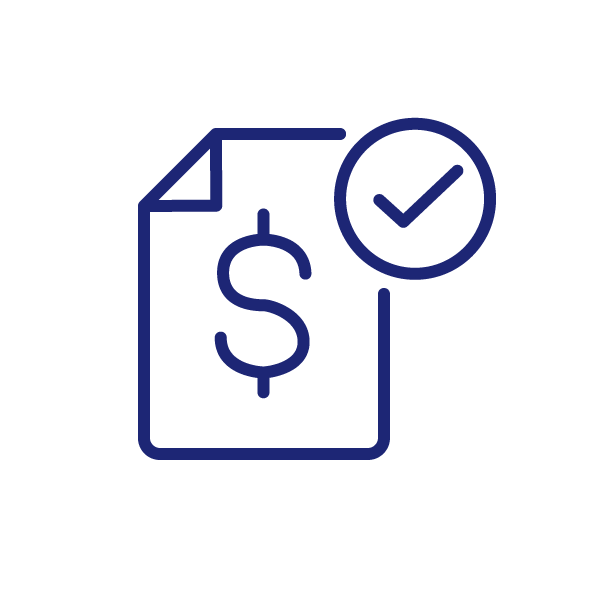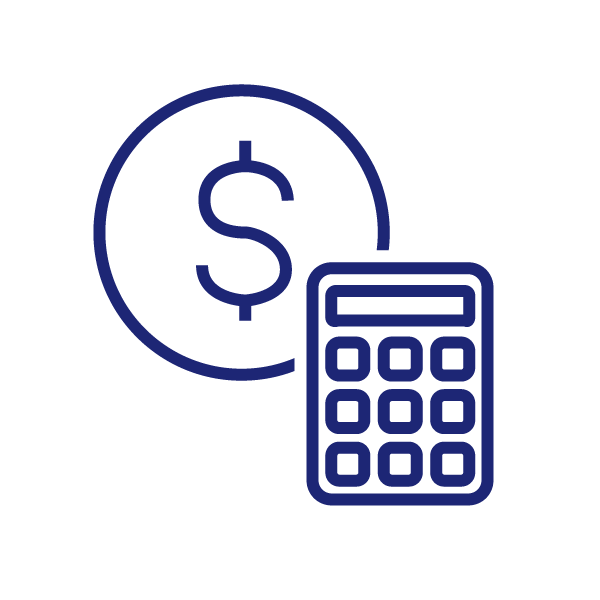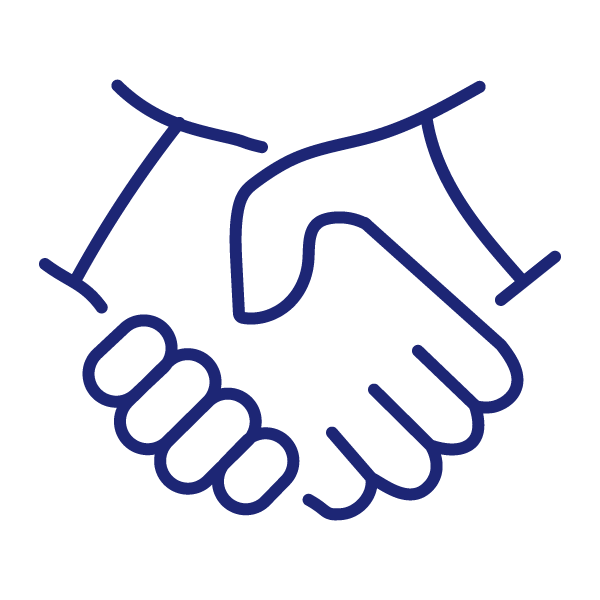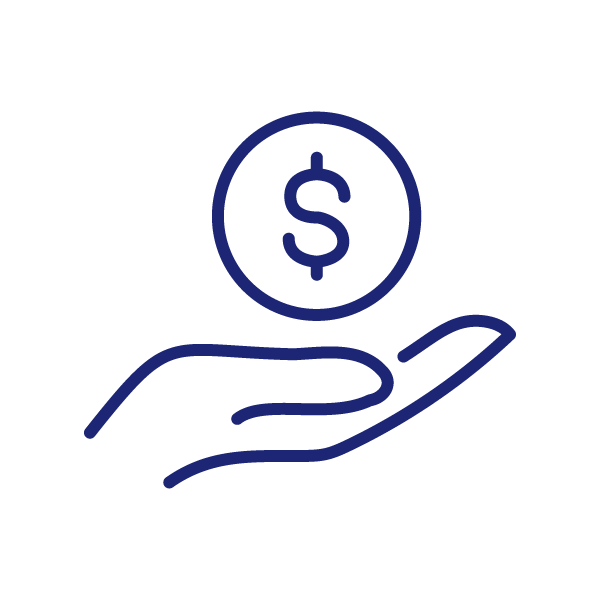When applying for a mortgage, there is always a lot going on. There are several mortgage types to choose from, lots of steps in the mortgage process, and plenty of paperwork to complete before everything is finalized. Considering all of these factors, it is easy to overlook a detail, miss a step or make a mistake somewhere along the way. Unfortunately, some mortgage mistakes can have long-term consequences – that’s why it’s important to be aware of some of the more common mortgage missteps and understand where you’ll want to pay extra attention throughout the process.
Here are some common mortgage mistakes homebuyers make – and how to avoid them to ensure a smooth home buying experience.
1. Neglecting to Check Your Credit Score |
1. Neglecting to Check Your Credit ScoreMany homebuyers assume their credit is in good standing – so there’s no need to check on their score. However, a bad credit score can throw your home buying process off track. With bad credit, you may face higher interest rates, or even a mortgage denial. By regularly reviewing your credit score, you can be up to date on where it stands – and if it needs some improvement, you can take steps to increase your score. The good news is, it’s fairly easy to check your credit history and there are several ways to build a strong credit score. |
2. Not Getting Pre-Qualified |
2. Not Getting Pre-QualifiedAs you start to look for a home, there is a lot to be excited about – from open houses to online searches to exploring new neighbourhoods. But before your house hunting starts in earnest, one of your first steps should be to find out how much mortgage you will qualify for. When you go through the exercise of getting pre-qualified for a mortgage with a broker, it gives you a clear understanding of how much home you can afford. It also demonstrates to your realtor and sellers that you’re a serious and qualified buyer. Some buyers make the mistake of skipping this step, which can lead to any number of disappointments – from falling in a love to a home you can’t afford to wasting your time looking at properties out of your price range to watching an offer fall through when you can’t get your financing sorted in time. Understanding what you qualify for early in the process is well worth it in the long run. |
3. Ignoring Your Budget |
3. Ignoring Your BudgetDo you have a dream home in mind? While it's tempting to buy the “perfect” home, it's also important to consider how much it will actually cost you. A home at the top of your price range may in fact bust your budget when you consider other associated costs, including property taxes, insurance, maintenance, and utilities. Creating a realistic budget that includes all expenses (large and small) and that allows for unexpected expenses, can help ensure that you can make your mortgage payment out of your regular income, without having to take on debt or dig into other savings. Keep in mind as well that interest rates do fluctuate, and as you budget for your new home, you’ll want to feel confident that should interest rates rise, you will be able to continue making your mortgage payment. While the Canadian government requires lenders to conduct a “stress test” to ensure buyers don’t get in over their heads should interest rates rise, it’s worth doing your own as you set your homebuying budget. |
4. Forgetting About Closing Costs |
4. Forgetting About Closing CostsWhen homeowners save for a home purchase, many will only calculate the amount they need for their down payment, expecting that any other costs will be rolled into their mortgage. This is a common, and costly, mistake as there are other out-of-pocket expenses that come with buying a home. These expenses, which combined are considered “closing costs,” can range from 1.5% to 4%1 of the home's purchase price. For example, if you plan to purchase a home for $500,000, you may need to set aside $7,500 - $20,000 to cover your closing costs.
|
5. Making a Major Financial Change |
5. Making a Major Financial ChangeOnce you've been pre-approved for a mortgage, it's important to maintain relative financial stability until the closing date. This means avoiding making significant purchases, opening new lines of credit, or even changing jobs. Any of these actions could affect your creditworthiness and risk your loan approval. |
Buying a home is an exciting time with plenty to do before and after you purchase a home. To help ensure a positive home buying experience, it’s essential to avoid common mortgage mistakes. By doing your research, seeking professional guidance and understanding where common pitfalls might lie, you can navigate the mortgage process with confidence and achieve your homeownership goals.
1 Buying a home - https://www.canada.ca/en/financial-consumer-agency/services/buying-home.html



